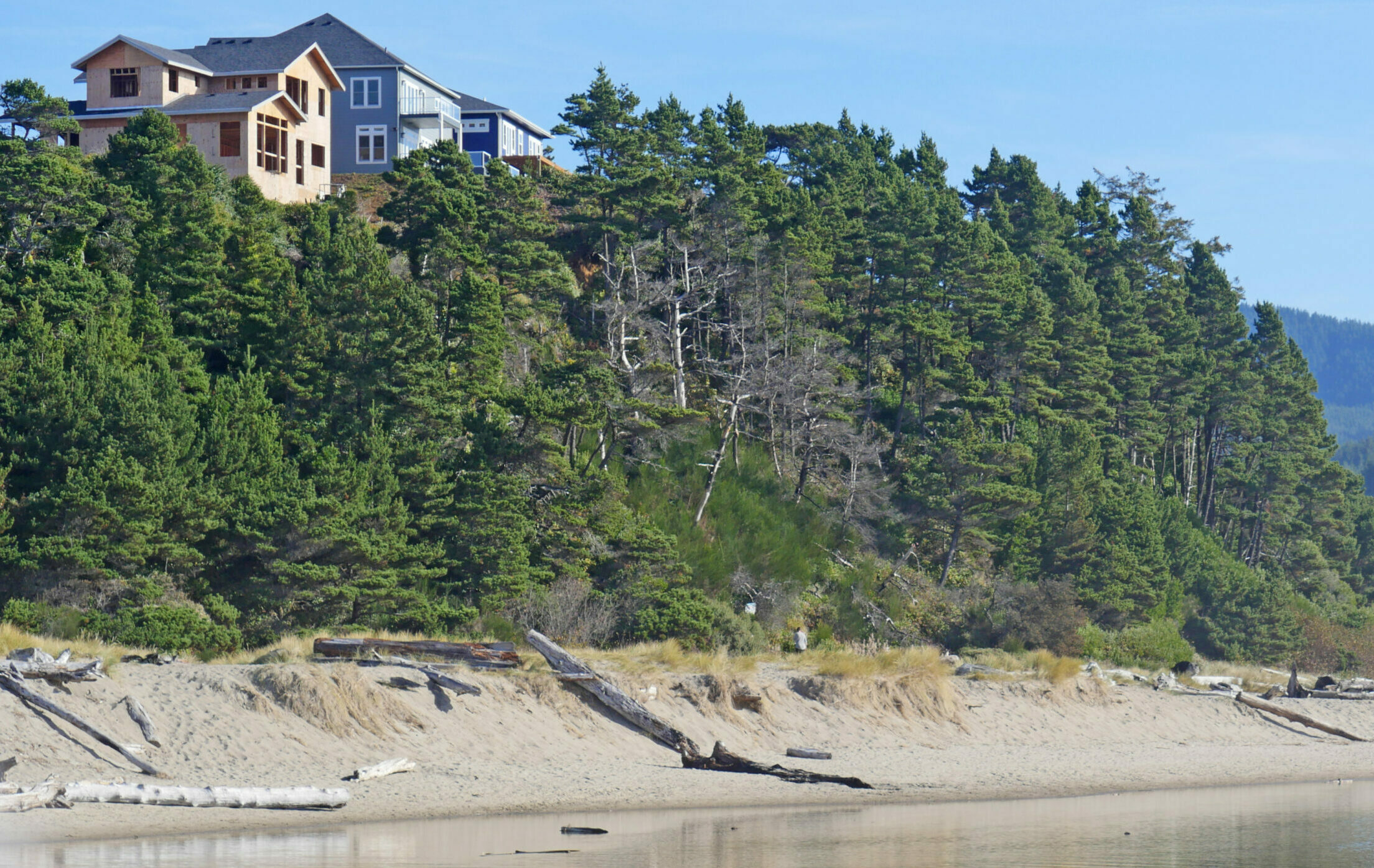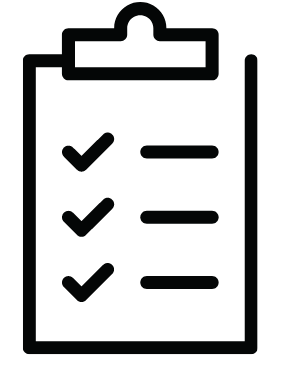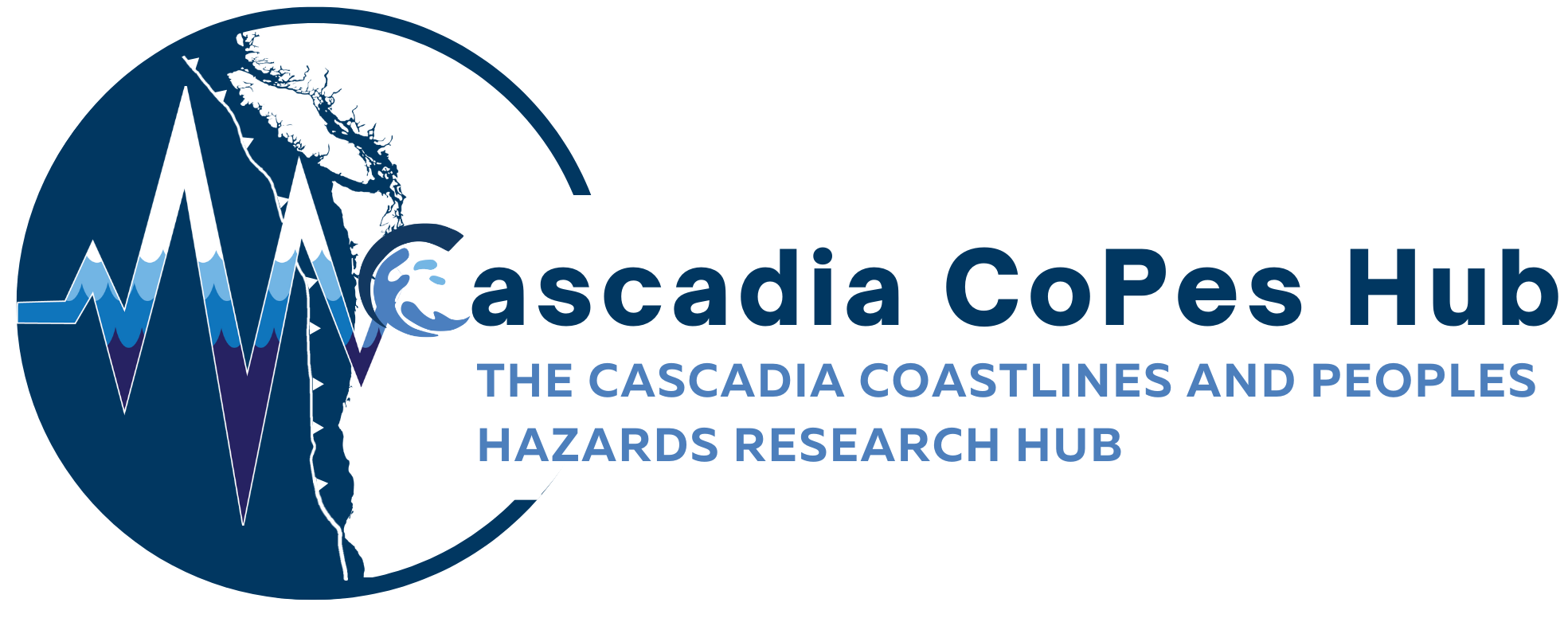Community Adaptive Capacity
Empowering Communities for a Brighter Future
Team 3 is focused on increasing adaptive capacity of coastal communities to prepare, respond, and recover from chronic and acute hazards.

Explore Team 3 Research













Research Goals
Research Goal 1: Integrating multiple epistemological frames and values systems into disaster risk assessment and management.
With hub partners, this research aims to enhance coastal hazards preparedness by integrating Traditional Ecological Knowledge and Local Ecological Knowledge into communication tools used to describe risk and promote community-engaged, co-produced strategy development (e.g., early warning systems). Team members are applying culturally appropriate methods (e.g., Talanoa dialogues, storytelling, photovoice, and interviews) to explore with communities the barriers to and impacts of knowledge system integration into disaster risk assessment and management.
Research Goal 2: Identify approaches that fortify communities who will likely be isolated following disaster events, while strengthening community equity and livability.
This research will advance social science by 1) examining how existing community assets, and networks can be used to develop inclusive hazard resilience strategies that center underserved communities’ needs and 2) identifying transformational approaches to incorporate uncertainty and probabilistic information about complex environmental changes into collective decision making processes.
Research Goal 3: Build capacity of local governance systems to create more equitable adaptation strategies and policies.
We will create an inventory of different coastal governance structures, including characteristics such as composition of the structure (demographic representation and professional qualifications), quality and quantity of staff support, identified priorities, legal roles and responsibilities. We will assess: the availability and effectiveness of legal, policy, and design tools to protect communities from coastal hazards.
Research Goal 4: Develop support tools to evaluate local adaptation strategies and support the appropriate decisions.
We will continue to develop, test, and refine a decision support tool that presents geo-ecological processes as both hazards and providers of ecosystem services, often simultaneously, depending on the scale of their operation and impacts on human activity and well-bing. Additionally, we will relate these processes to decision-making-relevant spatial and temporal scales.
